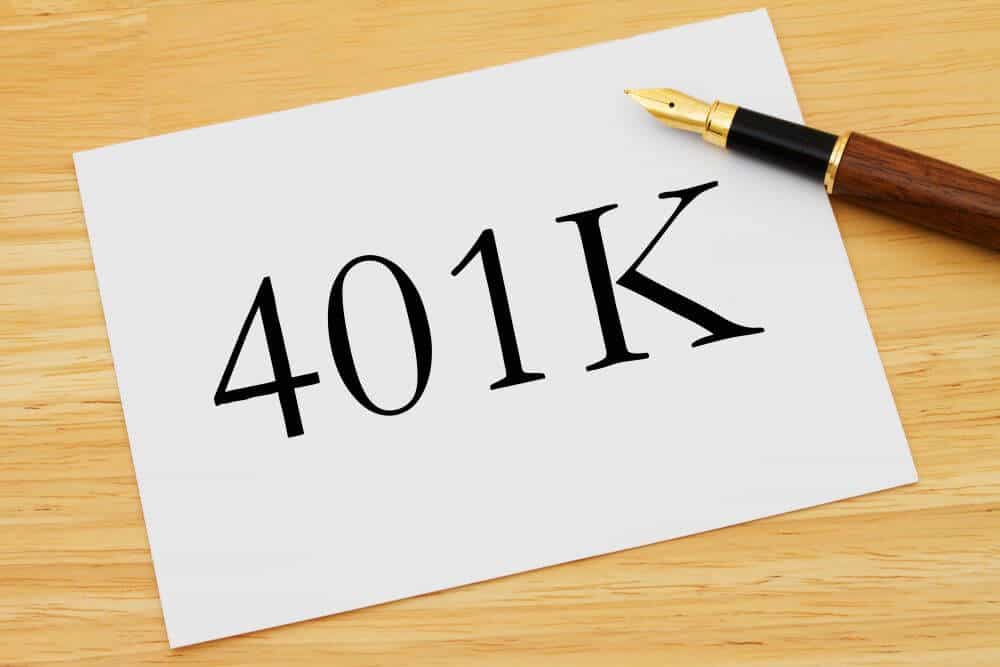
November 18, 2020

The COVID-19 pandemic created a host of new challenges and issues never before experienced by Atlanta business owners. It started with forced business closures and stay at home orders and has transitioned to new safety protocols, limits on gathering sizes, and more. Many businesses have elected to transition to a remote work environment to protect against virus transmission. Despite these measures, it was recently reported the seven-day rolling average of new Coronavirus cases has increased 42% since October 2nd which likely means additional restrictions. As a result, management has to stay focused on maintaining operations, delivering products/services, maintaining vendor relations, and keeping employees focused. Under such stressful conditions, it is not surprising that some may fail to comply with certain requirements, including the distribution of a Safe Harbor 401(k) Plan Notice to participants. If this has happened, the good news is the IRS has a resolution process that allows the plan to return to compliance. To help clients, prospects, and others, Wilson Lewis has provided a summary of key details below.
Employers offering this plan type are required to provide timely notice to eligible employees informing them about their rights and obligations. This requires employers to send out notices within a reasonable period prior to the start of each plan year. A notice is considered to be timely when it is distributed at least 30 days, and not more than 90 days, before the beginning of each plan year. In addition, in the year an employee becomes eligible, an employer is required to distribute the notice no earlier than 90 days before they reach eligibility.
There is a variety of information that must be included on the notice, but at a minimum, it should include details on the following items.
The proper remedy which needs to be taken when this error occurs depends on how participants were impacted. If the missing notice results in an employee not being able to make deferrals to the plan, then it is likely a corrective contribution will need to be made. If an employee was informed of the plan’s feature and was aware of how to make deferrals, then the failure can be treated as an administrative error and would need to be corrected.
Missed Deferral Opportunity
In the case of a missed deferral opportunity, an employer is required to contribute 50% of the excluded employee’s missed deferral. This is defined as the greater of 3% of compensation or the maximum deferral percentage for which the company matches at a rate at least as favorable as 100% of the employee’s elective deferral. As an example, Irma’s missed deferral is 3% of her $50,000 compensation or $1,500. Her missed deferral opportunity is 50% of $1,500, or $750. This means her employer is required to make a corrective contribution to replace Irma’s missed opportunity to make elective deferrals.
Missed Matching Opportunity
In the case of a missed matching opportunity, if Irma made an elective deferral of $1,500, she would have received a matching contribution of $1,500. The company must make a corrective contribution to replace the missed matching contribution.
Contact Us
The stress caused by the pandemic has left some Atlanta businesses focusing on more strategic concerns than 401k plan notices. However, it is important to stay in compliance with relevant regulations to ensure appropriate benefits are provided. If you have questions about the information outlined above or need assistance with your 2020 401k plan audit, Wilson Lewis can help. For additional information call us at 770-476-1004 or click here to contact us. We look forward to speaking with you soon.